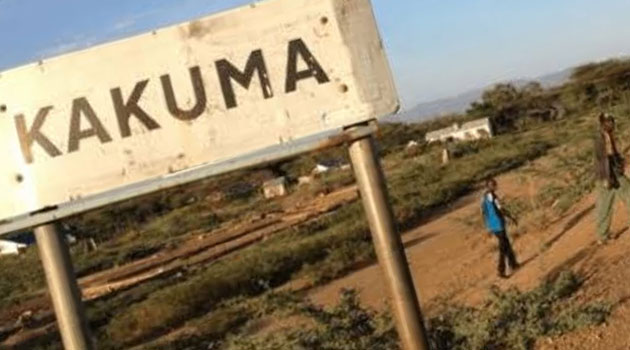
Kakuma, Dadaab refugee camps to be upgraded to integrated communities » Capital News
NAIROBI, Kenya, May 7-Interior Cabinet secretary Kithure Kindiki has lauded the decision to include the transitioning of the Dadaab and Kakuma refugee camps into integrated communities in phase II of the World Bank funded Kenya Urban Support Programme (KUSP).
Kindiki said Tuesday, during the launch of the program at State House in Nairobi, that the successful implementation of the Shirika Plan will enhance socio-economic integration between refugees and host communities in the two refugee camps.
The Interior CS further stated that the move will go a long way in giving dignity to refugees who have been displaced from their countries for various reasons, including conflicts and political instability.
“The situation in those camps has not been very good in terms of social amenities.That is why we really appreciate the input of KUSP II to inject support to upgrade the social amenities in our refugee camps, transform them from camps to integrated settlements where refugees can live in a dignified environment,” he said.
Kindiki pointed out that Kenya has been a host to many refugees from the region for over three decades since the early 1990s.
He added that despite the challenges that have come with hosting the large number of refugees, Kenya has done a “good job.”
Kenya currently hosts over 700,000 refugees from different countries, including Somalia, South Sudan, and the Democratic Republic of the Congo.
“It is not easy to host the size of the refugee community and the load that we have that we have at the moment 700,000 refugees are here in this country, in Dadaab and Kakuma, and this is the spirit of burden sharing in the world as opposed to burden shifting,” Kindiki added.
As the government works on improving amenities and transforming the camps into settlements, Kindiki assured that attention will also be given to the host communities to prevent disparities in living standards.
Further, Kindiki said the integration of refugees would help Kenya comply with its obligations under the 1951 United Nations Convention on the Status of Refugees and its Protocol, as well as the Organization of African Unity (OAU) Convention governing specific aspects of refugee problems in Africa.
The Interior CS added that the move would aid compliance with the Refugees Act of 2021.
